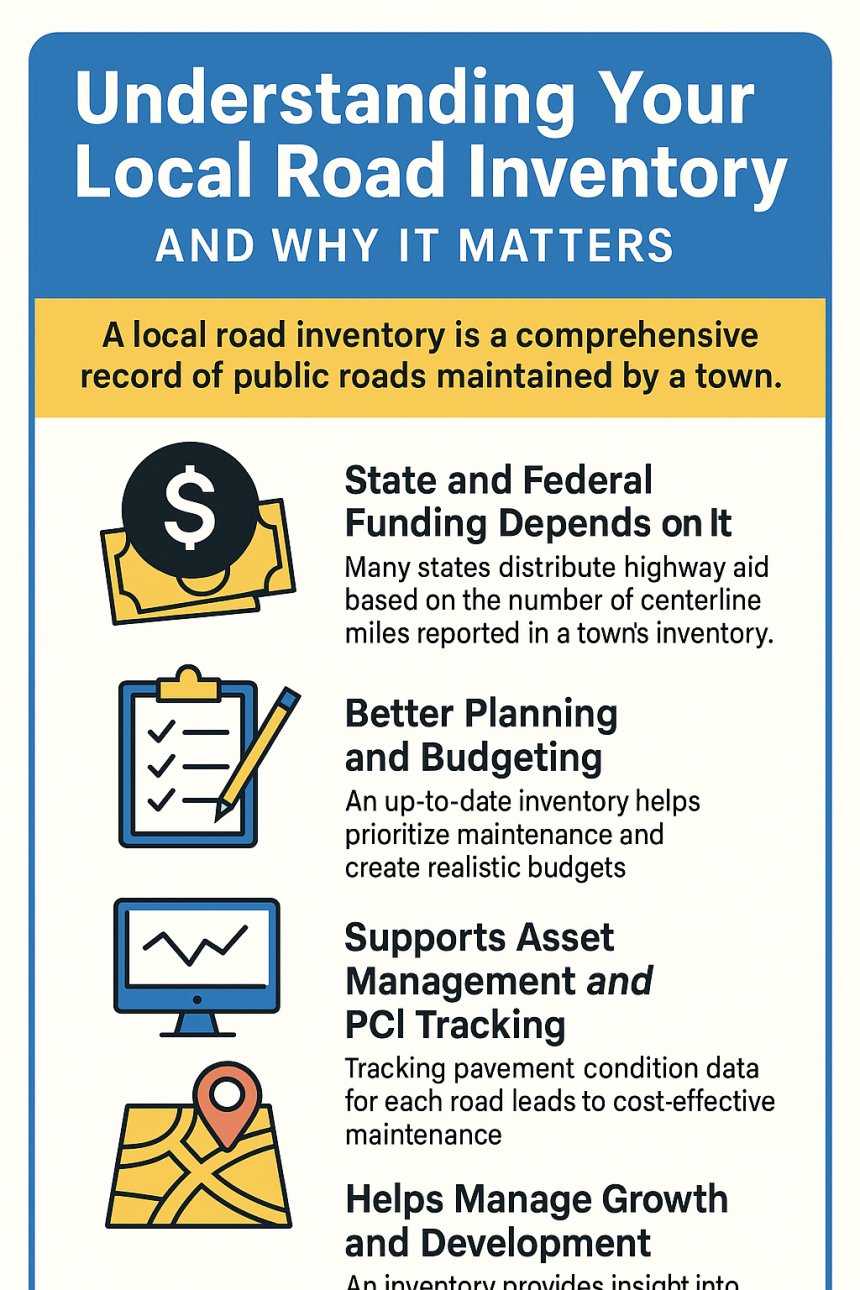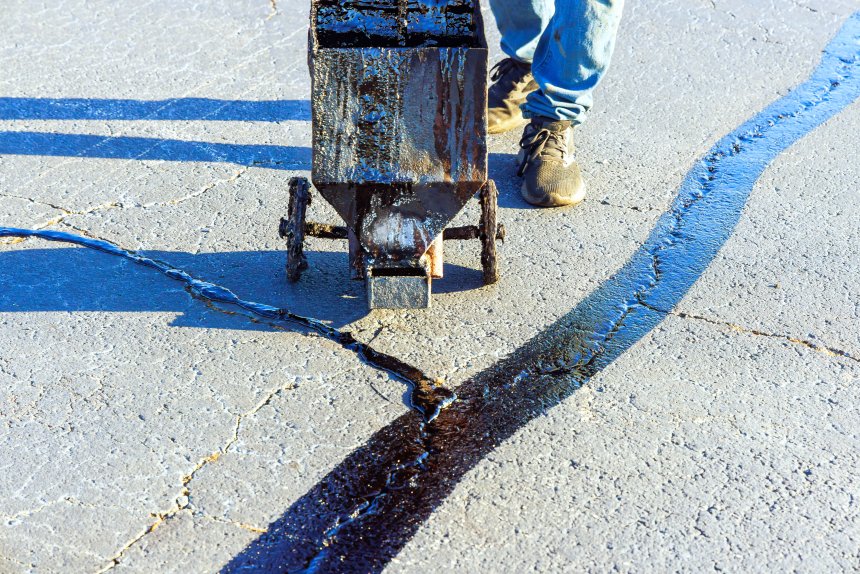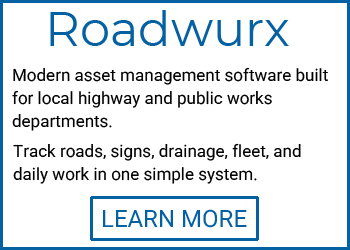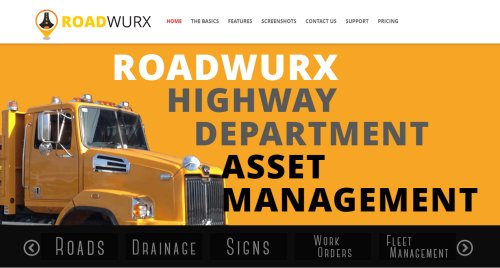What Does the Highway Superintendent Actually Do?
The highway superintendent wears many hats: public servant, manager, mechanic, budget planner, emergency responder, and infrastructure expert. Their work doesn’t stop when the snow melts, and their value can’t be measured only by the miles of plowed pavement. They are the caretakers of the town’s most visible, and most traveled, assets. And without them, everything slows down.

Ask the average resident what a town highway superintendent does, and you’ll probably hear: “They plow the roads.” And while snow removal is certainly a big part of the job, especially in the Northeast, that description barely scratches the surface. The role of a highway superintendent is one of the most hands-on, wide-ranging, and quietly essential positions in town government.
Whether elected or appointed, the superintendent is responsible for maintaining the infrastructure that everyone relies on, but few think about until something goes wrong. So let’s break it down.
They Maintain the Roads... All Year Long
Yes, snow plowing is a highly visible task, but a superintendent is responsible for every aspect of the town’s road network:
-
Paving and repaving roads
-
Repairing potholes and cracks
-
Grading gravel roads
-
Installing and maintaining road signs and guardrails
-
Managing drainage systems like culverts, ditches, and storm drains
They don’t just react to issues, they plan ahead, working seasonally to ensure roads remain safe and passable throughout the year.
They Manage a Team and Equipment
Highway departments often include several laborers, heavy equipment operators, and seasonal staff. The superintendent oversees all of them, coordinating daily assignments, handling personnel matters, and ensuring the team has what they need to succeed.
They also manage the department’s entire fleet of equipment:
-
Trucks
-
Loaders
-
Backhoes
-
Salt spreaders
-
Chainsaws, mowers, and more
Maintaining this equipment, budgeting for replacements, and ensuring operators are properly trained all fall under the superintendent’s purview.
They Create and Manage the Highway Budget
Each year, the superintendent submits a proposed budget to the town board, outlining anticipated costs for materials, labor, repairs, equipment, and contracted work.
They must:
-
Track expenditures
-
Prioritize spending
-
Apply for CHIPS and other state funding
-
Keep detailed records for audit compliance
It’s not just about keeping roads clear. It’s about keeping finances in line, too.
They Respond to Emergencies
Storm hits? Tree down? Flooded culvert? The highway superintendent is often the first to respond, even in the middle of the night. They're responsible for:
-
Coordinating cleanups after storms
-
Making roads safe during emergencies
-
Working alongside emergency services when needed
Their decisions can mean the difference between a quick recovery and extended disruption for the community.
They Coordinate with Other Agencies
Highway superintendents don’t work in a bubble. They collaborate with:
-
Town engineers and planners
-
County DOT officials
-
Utility companies
-
Environmental agencies
This cooperation is critical when it comes to permits, shared roads, and capital improvement projects.
They Maintain Records
Highway superintendents are expected to document all of the work their department does. Think about it - you have guys in the field installing traffic signs, maintaining traffic signals, replacing stormwater culverts, and grinding and patching roads. All of these task affect public safety and, sometimes, invite liability claims. Highway departments have to keep records on all of their important work in order to defend claims and, let's face it, to be able to prove they're earning their paycheck.
All of these records used to be stored in notepads, 5x7 cards, bulleting boards, or anywhere possible to keep paper. Technology has made life a lot easier, obviously. Spreadsheets can be created on the office computer and photos of projects can be store on a hard drive. More and more, highway departments are turning to asset management systems to streamline the whole process.
They Serve the Public, Sometimes One Call at a Time
Finally, the superintendent is often the face of town services. When residents have complaints - about drainage, snowplowing, dust, noise, or even mailbox damage - they call the highway department.
A good superintendent listens, explains, and works to resolve concerns while keeping the bigger picture in mind.
The highway superintendent wears many hats: public servant, manager, mechanic, budget planner, emergency responder, and infrastructure expert. Their work doesn’t stop when the snow melts, and their value can’t be measured only by the miles of plowed pavement.
They are the caretakers of the town’s most visible, and most traveled, assets.
And without them, everything slows down.



















